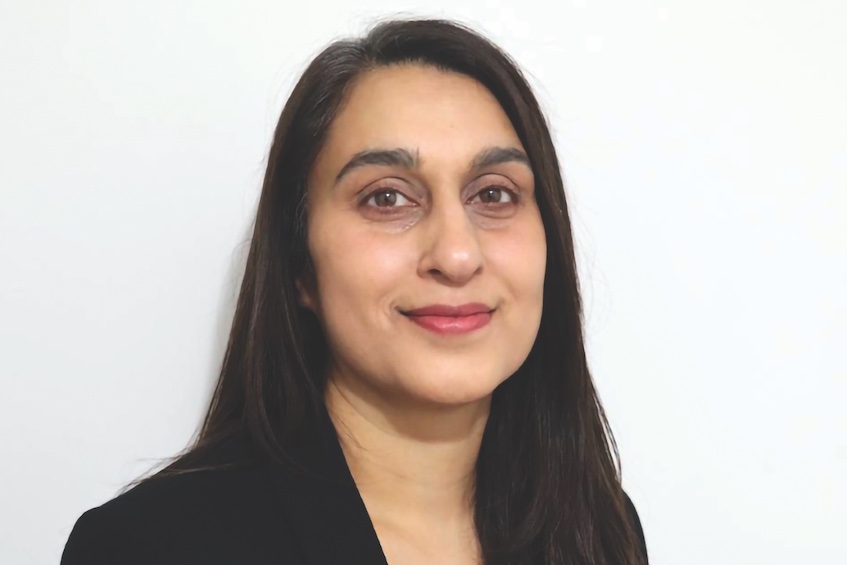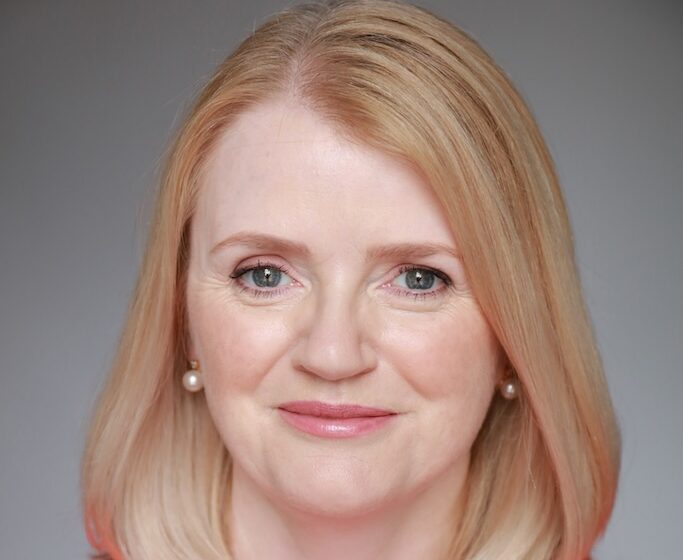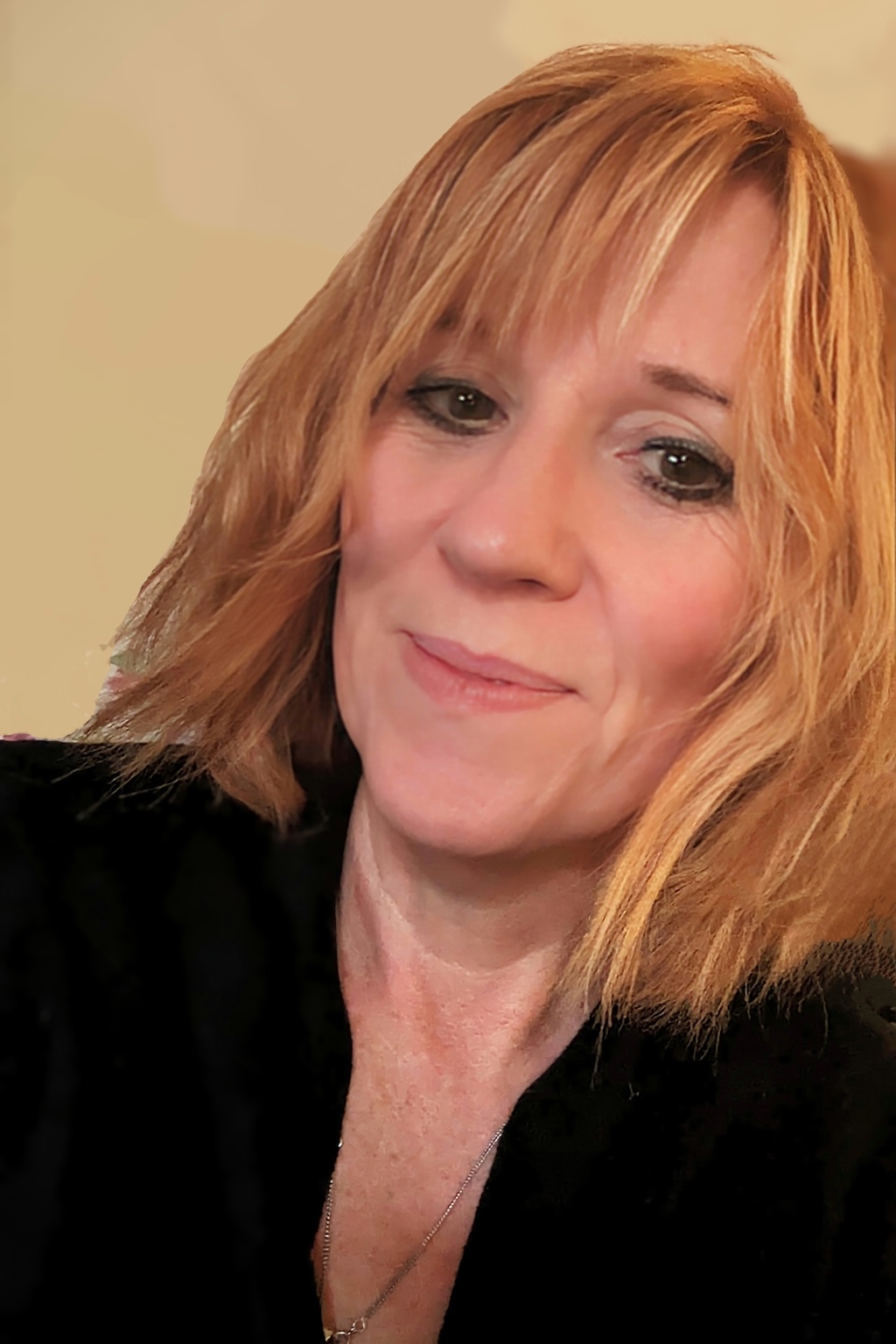“I’ve always wanted to represent people”
MEET YOUR REPS: Community activist, equality champion, trade union rep and political candidate, Sajidah Ahmad tells Craig Ryan about her passion for making change and giving people a voice in their communities.

“I love talking to people, understanding their issues and helping to resolve them,” says Sajidah Ahmad, an MiP rep and manager in NHS England’s East Midlands office. “I love being part of the community and making change within that community.”
Sajidah soon hopes to be representing her community on the political stage as a Nottingham City Councillor. A Labour candidate in May’s local elections, she’s hopeful of victory but taking nothing for granted. “We’re out every weekend throughout the year, whether there’s an election or not,” she says.
On the doorstep, she reports that the NHS is “definitely a top-three issue”, and her message to voters is simple: the NHS needs more money and more staff. “You have to be honest about what the issue is,” she says. “If we believe in Nye Bevan’s ideals for the NHS, we have to be prepared to invest in it.”
Sajidah says she has “always wanted to represent people” but lacked the confidence to put herself forward until recently. “It took me quite a long time to get to the point where I felt I could do it. Now, I wish I’d done it sooner.”
As a union rep, she draws inspiration from the strong tradition of Black and Asian involvement in trade unions going back to the 1970s Grunwick dispute, a long-running strike led mainly by Asian women. “Very often people from ethnic minorities are natural trade unionists,” she says, “but when I attend union meetings, there aren’t many people who look like me – even though we’re the ones who are most negatively affected by things like restructuring. We need to encourage more [BAME] people to be involved and find ways to elevate them to leadership positions within unions.”
Sajidah has supported striking nurses on the picket lines in Nottingham. Unions are “definitely having a moment”, she observes, although the turnout in UNISON’s ballot fell short of the government threshold in her workplace, as in many others. It’s a priority for MiP and UNISON, she says, to engage better with members, “because we really need to ride this wave and hit those thresholds in future – it’s the bare minimum we should be doing.”
Back in 2020, she joined forces with NHSE colleague Sabina Hafesji to set up the NHS Asian Women’s Network. “Islamophobia is rife in society”, she says, pointing to incidents where paramedics have been physically and verbally abused because of their religion, while Muslim women can also face race and sex discrimination at work.
“We wanted the network to be a safe space to share knowledge and support each other, and a way to present issues to senior management,” she explains, “but we also want to celebrate the successes and continued contribution of these women.”
This work led to the Health Service Journal naming Sajidah as one of the 50 most influential Black, Asian and minority ethnic people in health. She brushes off the accolade with typical modesty. “It’s great to be recognised, but I don’t think I’m that influential,” she says, observing sharply the lack of ethnic minority people among the “general influencer” population.“This isn’t just our work, it’s everybody’s work,” she adds. “We need allies, because we run ourselves into the ground doing it.”
But she will carry on, of course. After all, it was the desire to “give something back and do something substantive for society” that led Sajidah to leave the private sector for the NHS in 2016. In a variety of communications jobs since, she has put her commitment to equality and diversity into effect, working on setting up assessment centres for senior leaders and a ‘career conversations’ pilot project which aims to widen career development opportunities for staff at all levels. During covid, she worked on the Bringing Back Staff campaign and a project to support carers.
“It’s such rewarding work,” she says, “and you can see it’s having an impact on colleagues. But I also love working with the public and highlighting the great work that’s going on in trusts across the country.”
And she sees a key role for MiP in fighting back against manager-bashing politicians and newspapers. “It’s up to us to change that perception and make these jobs seem attractive to people,” she says. “It’s about telling stories, finding out who is doing this great work and showing people that they really want to be part of it.”
- If you’re interested in becoming an MiP link member or rep, contact MiP organiser, Rebecca Hall: r.hall@miphealth.org.uk.
Related News
-

Catherine McCarthy: If I hadn’t joined MiP, I would just have left the NHS
Programmer, teacher, business analyst and project manager: Catherine McCarthy beings a wealth of experience to her new role as MiP rep at the Health Research Authority. Interview by Craig Ryan.
-

David Williams: MiP reps have a unique role – we know how the system works
New MiP rep David Williams explains how he brought his management experience and risk management skills to the aid of MiP members facing a major restructuring at one of England’s most troubled ICBs.
-

Jenny Owen: You see people at their most vulnerable – it’s a privilege when they trust you
Jenny Owen, nurse, MiP health and safety rep and a manager in NHS England’s North West region, talks to Craig Ryan about championing the underdog and why she still needs a “clinical fix”.